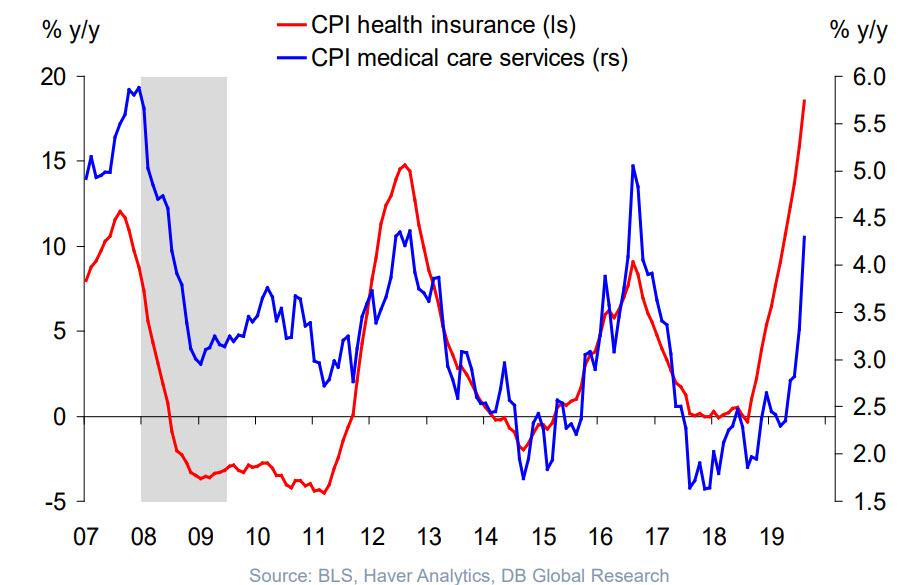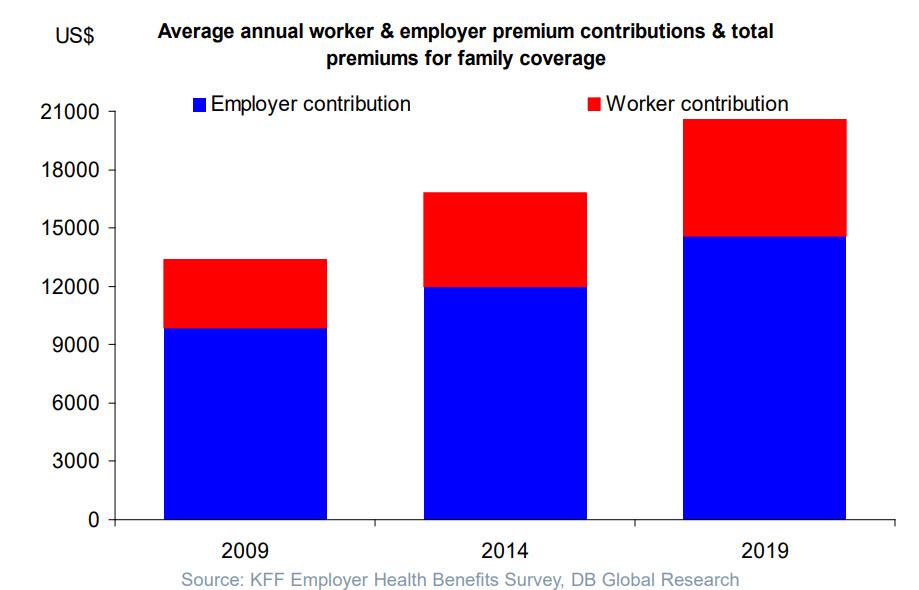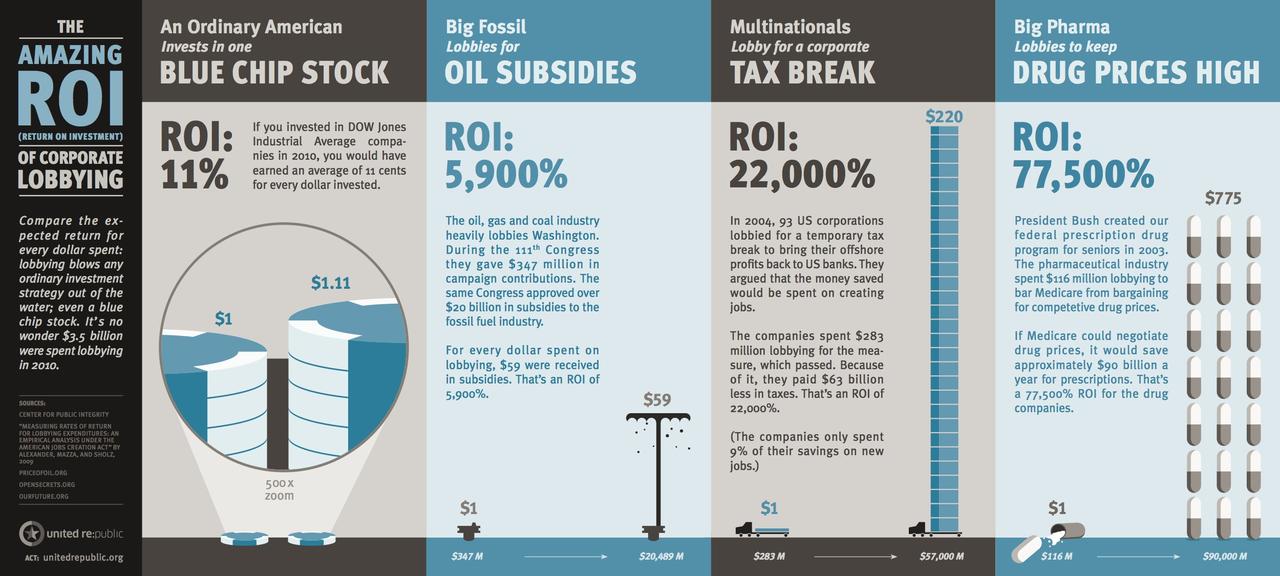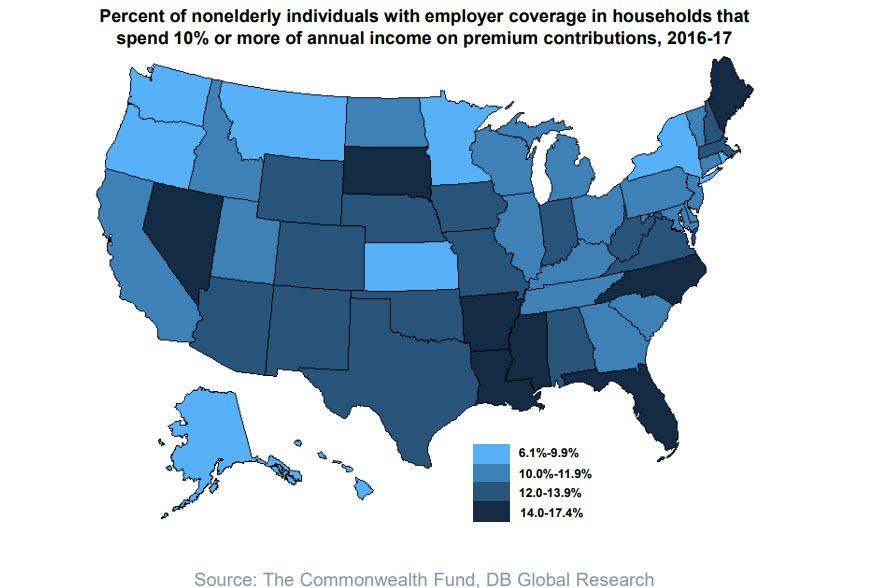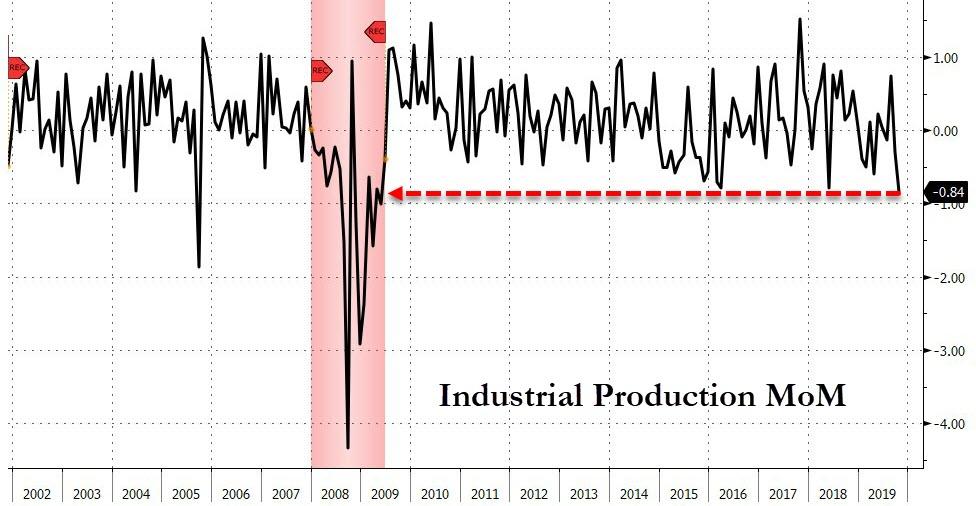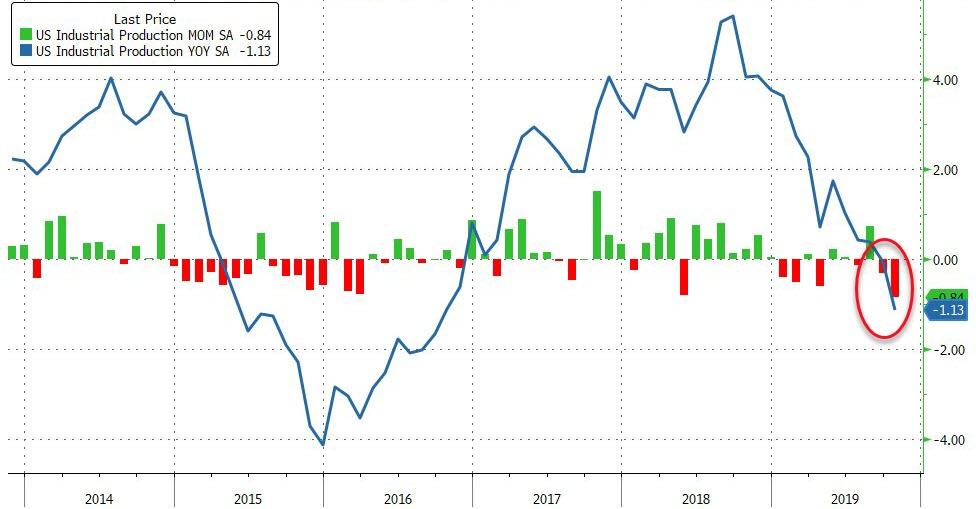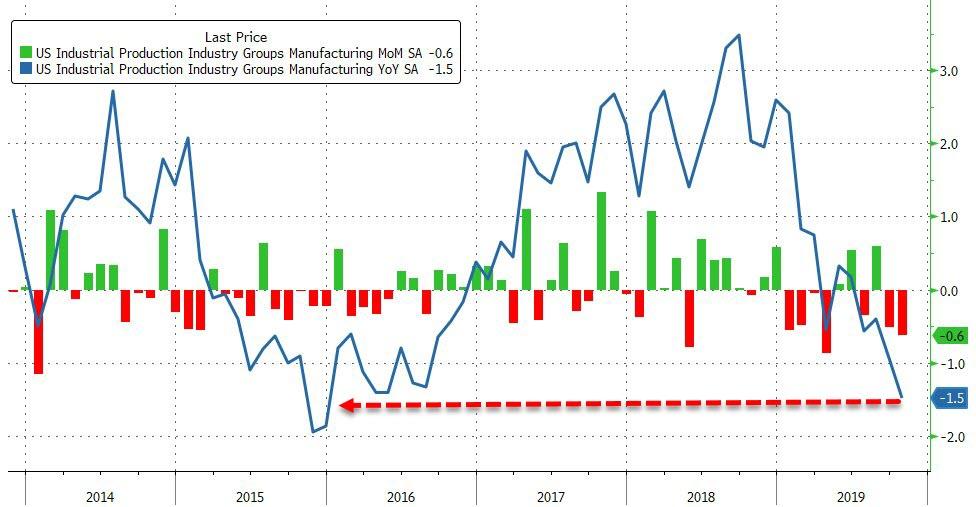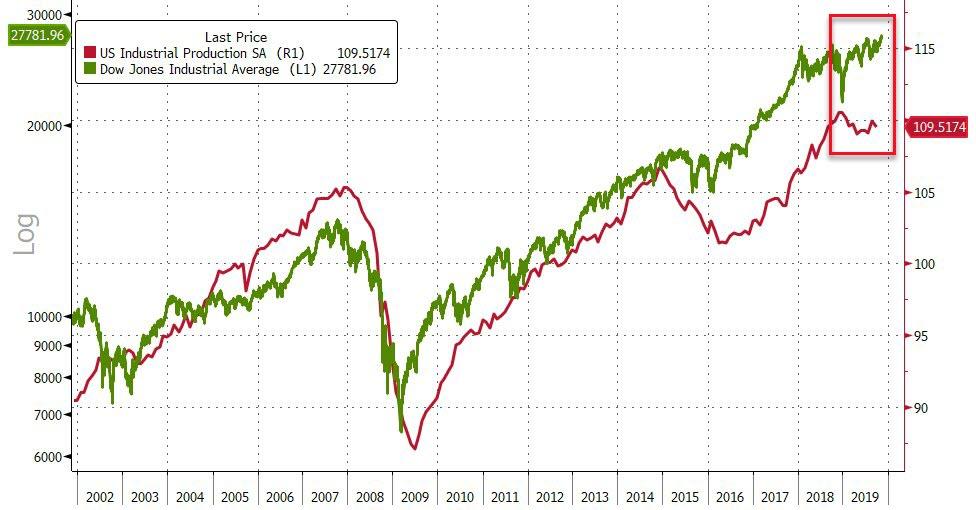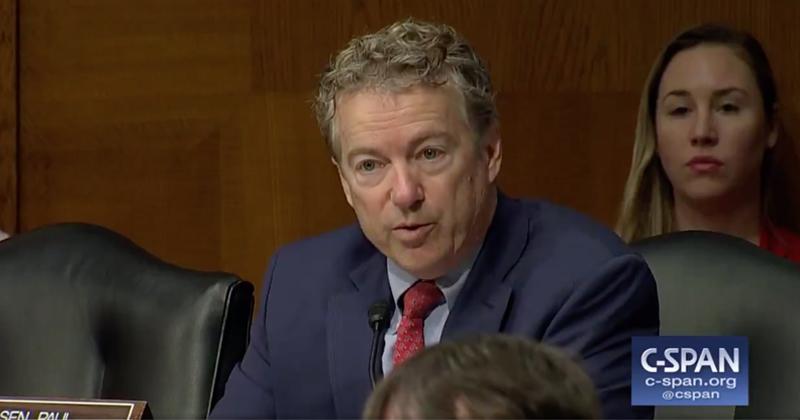Hong Kong Protests Go Global: China Demands Investigation After Lam’s Justice Minister Wounded In London
Chinese officials slammed American lawmakers who are advancing a bill designed to protest Hong Kong’s quasi-independent status guaranteed by the legal handover agreement between the British and the Chinese, but the US isn’t the only major western power that’s creating problems with the increasing dangerous situation in Hong Kong.
Hong Kong’s Justice Minister Teresa Cheng took a nasty tumble last night during a confrontation with pro-democracy sympathizers who came out to protest her presence in London.
Teresa Cheng
Late on Thursday, Cheng, who was in the UK to promote Hong Kong as a ‘cener of dispute resolution’ (ironic, we know), was suddenly surrounded by at least 30 protesters angry about her government’s handling of the protests, which have devolved into violent confrontations with the police.
In a video of her minutes-long confrontation with the protesters obtained by SCMP, the demonstrators can be heard shouting “shame on you”, “murderer” and protest slogans like “five demands, not one less.”
[BREAKING] Secretary for Justice of the HKSAR Theresa Cheng is attending a event to give a speech but fell on the floor during a protest against her and her government in London#HongKong #HongKongProstest #HongKongProtester #FreedomHK #DemocracyforHongKong pic.twitter.com/L5XYgXNsgX
— Chloe Leung (@chloeleungys) November 14, 2019
It’s not clear whether she was pushed, or fell over, but all of a sudden, the minister is seen writhing on the ground, clutching her arm. She was taken to a local hospital after her fall.
Afterwards, Cheng made a complaint to the Metropolitan Police and asked that they “take the case seriously and put the culprits to justice,” according to a statement from her office. She also took a minute to shame the members of the mob that overwhelmed her in London: “The secretary for justice castigates the violent mob in London today causing her serious bodily harm on her way to an event venue.”
The secretary also used the statement to denounce “all forms of violence”.
“The secretary denounces all forms of violence and radicalism depriving others’ legitimate rights in the pretext of pursuing their political ideals, which would never be in the interest of Hong Kong and any civilised society.”
Meanwhile, in a terse statement about the incident, the Metropolitan police said “a woman was taken to hospital by London Ambulance Service suffering an injury to her arm.” They added that “inquiries are ongoing to establish the full circumstances. There has been no arrest at this stage.”
Which is unfortunate, because Beijing is demanding a full investigation.
Chinese Foreign Ministry Spokesman Geng Shuang said Friday that China’s envoy to Britain, Liu Xiaoming, will visit Cheng. But Geng also warned British politicians not to make “wrong remarks” by expressing support for the protesters.
“China demands an investigation into the incident,” Geng said. “[Britain] should also protect the safety and integrity of all Chinese people in the nation.”
Meanwhile, Hong Kong’s “Week of Rage” continued Thursday, with more white-collar workers who have been let off work opting to join the protests, after several police shootings and the second protester death in a week has inspired more support for the protesters.
Campuses had been transformed into citadels, reinforced positions where young protesters prepared to battle with the Hong Kong police or whatever government-backed goons may come.
In one video, explosions can be heard on the campus of Chinese University of Hong Kong, with video capturing a car on fire.
Explosions are heard at Chinese University, as protesters say a car at the other end of the bridge has been set on fire
Video: SCMP/Alvin Lum pic.twitter.com/Jr4YfA7TFA
— SCMP Hong Kong (@SCMPHongKong) November 15, 2019
A government worker died this week after being caught in a brick-hurling fight between protesters and police. The death has been ruled a murder by the police. The incident has caused sympathy for an investigation into police conduct to soar: some 80% of Hong Kong adults want the government to set up an independent commission of inquiry to examine the use of force by police throughout the nearly six-month long period of unrest.
Spoke to several Hong Kong bankers, finance and insurance folks about why they came out to protest today. Almost all said police violence this week. Several mentioned violent scenes at CUHK. Said they wanted to show support for students on the front lines. pic.twitter.com/pzCzvoasCF
— Iain Marlow (@iainmarlow) November 15, 2019
“Everybody’s worried, but that’s not stopping us from coming out.”
This office worker in Hong Kong’s Central business district explains why many continue to come out in support of the #HongKongProtests downtown #香港 pic.twitter.com/RGWWuNhk13
— Bloomberg TicToc (@tictoc) November 15, 2019
As Bloomberg reported, a campaign to disrupt traffic has led to the shooting of a protester and citywide school cancellations, while Hong Kong Chief Executive Carrie Lam’s government has denied reports of a plan for an unprecedented curfew that would almost certainly stoke the protesters’ rage.
Tyler Durden
Fri, 11/15/2019 – 10:20
via ZeroHedge News https://ift.tt/32Oud9Q Tyler Durden






